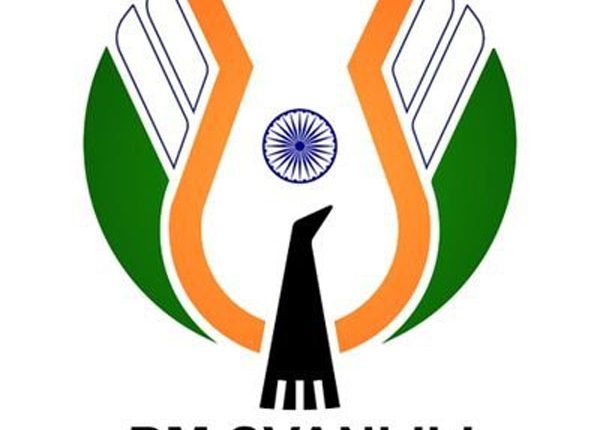-MOHUA launches Socio-Economic Profiling of PM SVANidhi beneficiaries
-Pilot programme to run in Gaya, Indore, Kakching, Nizamabad, Rajkot and Varanasi
New Delhi/Kalinga Voice
A programme of Socio-Economic Profiling of PM SVANidhi beneficiaries and their families launched by Shri Durga Shanker Mishra, Secretary, Ministry of Housing and Urban Affairs today, as an additional component of PM SVANidhi Scheme, in the presence of representatives of various Central Ministries and State officials. Under this, a complete profile of each PM SVANidhi beneficiary and their family members will be prepared. Based on the profiled data, benefits of the various eligible Central Schemes would be extended to them for their holistic socio-economic upliftment.
The launch has been in the context of the vision of Hon’ble Prime Minister that PM SVANidhi scheme should not be seen merely from the perspective of extending loans to street vendors but should also be seen as an instrument for outreach to street vendors and their families for their holistic development and socio-economic upliftment.
In the first phase, 125 cities have been selected for the programme. The profile will identify potential eligibility of beneficiaries and their family members for select Central Government schemes and facilitate linkages. Besides this, the States/ UTs would also have an option to extend their respective State/ UT specific welfare schemes to them. M/s Quality Council of India (QCI) has been appointed as implementing partner for the programme.
Prior to the complete roll out, MoHUA will run a pilot program in six cities, namely Gaya, Indore, Kakching, Nizamabad, Rajkot, and Varanasi.
Ministry of Housing and Urban Affairs (MoHUA) is implementing Prime Minister Street Vendors AtmaNirbhar Nidhi (PM SVANidhi) Scheme since June 1, 2020, with an objective to provide affordable working capital loan up to ₹10,000 to Street Vendors for facilitating resumption of their livelihoods adversely affected by the COVID-19 pandemic.

